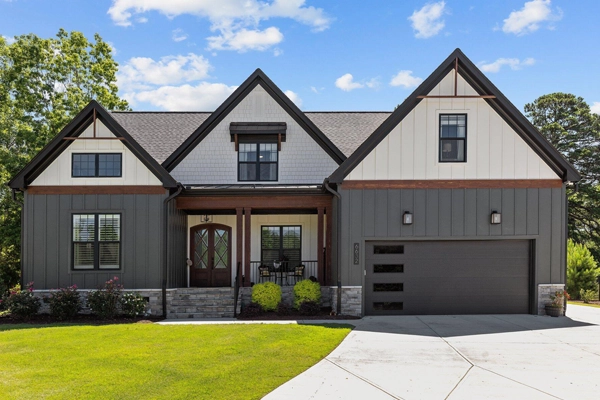How Much Is My Home Worth is where you enter your address to get access to professional-grade reports that agents use. Discover Market Value
Home inspections are a crucial step in the process of buying or selling a property in North Carolina. They encompass a variety of assessments aimed at ensuring the safety, functionality, and structural integrity of a home. Let’s delve into the different types of home inspections commonly conducted in the state.
The standard home inspection is comprehensive, covering the entire property. A qualified inspector conducts diagnostics to identify any issues, such as structural cracks or electrical or plumbing problems. These inspections serve as a baseline assessment, highlighting any red flags that may require further investigation.
In addition to the standard inspection, specialized assessments may be necessary based on specific aspects of the property:
1. HVAC and Roof Inspection: Heating, ventilation, and air conditioning (HVAC) systems, as well as the roof, are critical components of a home. Bringing in specialized companies to inspect these areas ensures their functionality and stability.
2. Termite Inspection: Given North Carolina’s humid climate, termite inspections are essential. These inspections help detect any signs of termite infestation, protecting the property from potential damage.
3. Septic and Well Inspection: Properties with septic systems or wells require thorough inspections to ensure their proper functioning. Older homes, in particular, may have aging septic systems that need evaluation. Additionally, testing the well water for contaminants, such as bacteria, is imperative for ensuring safe drinking water.
4. Radon Inspection: Radon, a naturally occurring radioactive gas, can pose health risks if present in high concentrations. Conducting a radon inspection helps identify any potential radon gas seepage, especially in areas where it is more prevalent.
For newly constructed homes, inspections before the installation of drywall are crucial. These inspections assess the structural components, electrical wiring, and other elements to ensure they meet safety and quality standards.
In cases where homeowners have lived in a property for an extended period or inherited a home with deferred maintenance issues, a pre-listing inspection may be recommended. This proactive approach allows sellers to identify and address any maintenance issues before listing the property, enhancing its marketability and transparency for potential buyers.
Whether it’s a standard inspection, specialized assessments, or evaluations for new construction or pre-listing purposes, investing in thorough inspections is a wise decision for all parties involved in the transaction. If you have any questions about home inspections, don’t hesitate to reach out.
What else do we offer?
-
Latest Housing Market Insights is where you get our latest insights and tips to sell or buy a house. Subscribe Now
-
Off-Market Triangle Area Homes for Sale is where you sign up to get on my home buyer VIP list to get notified of homes for sale you won’t see online. Sign Up Now








